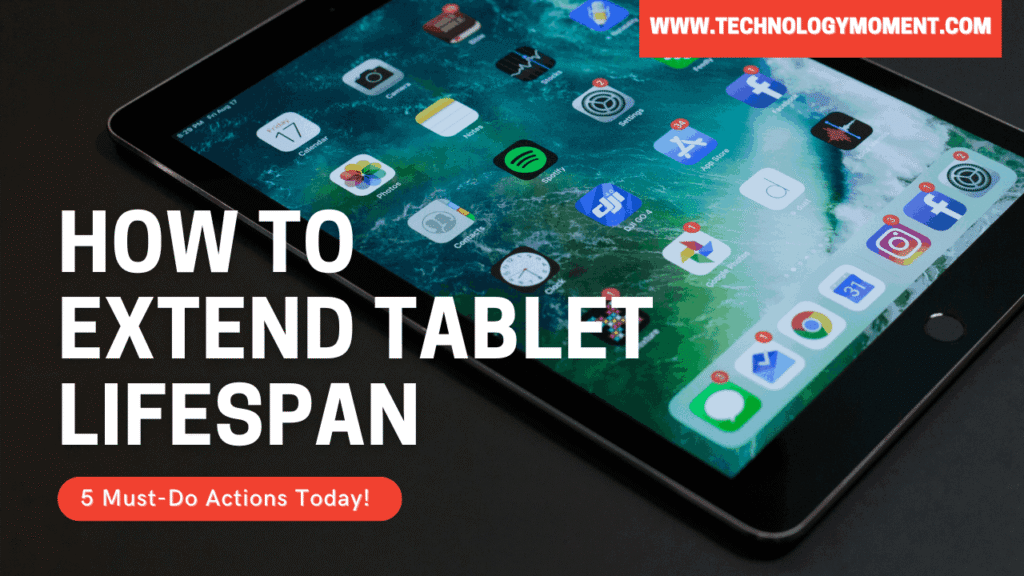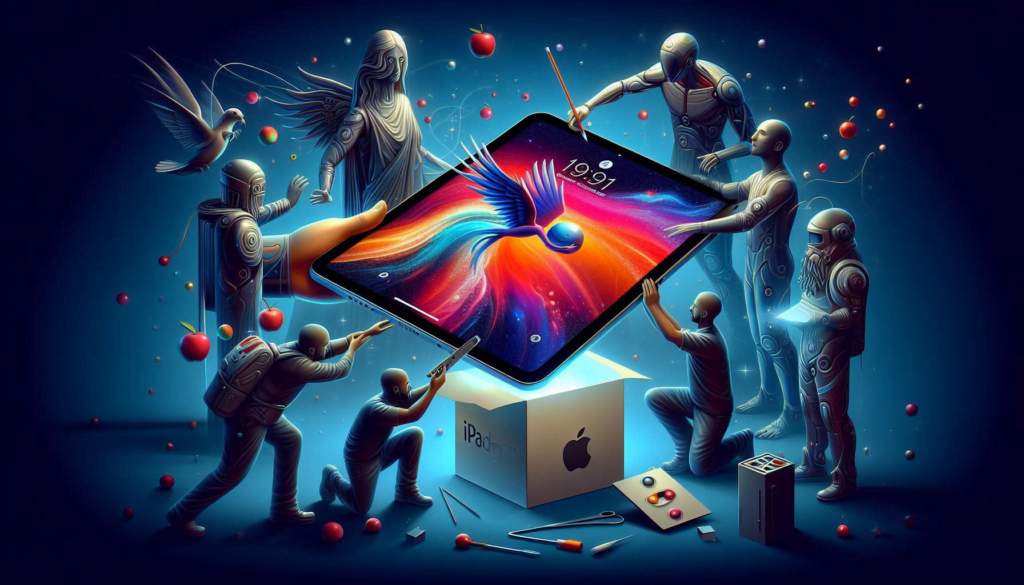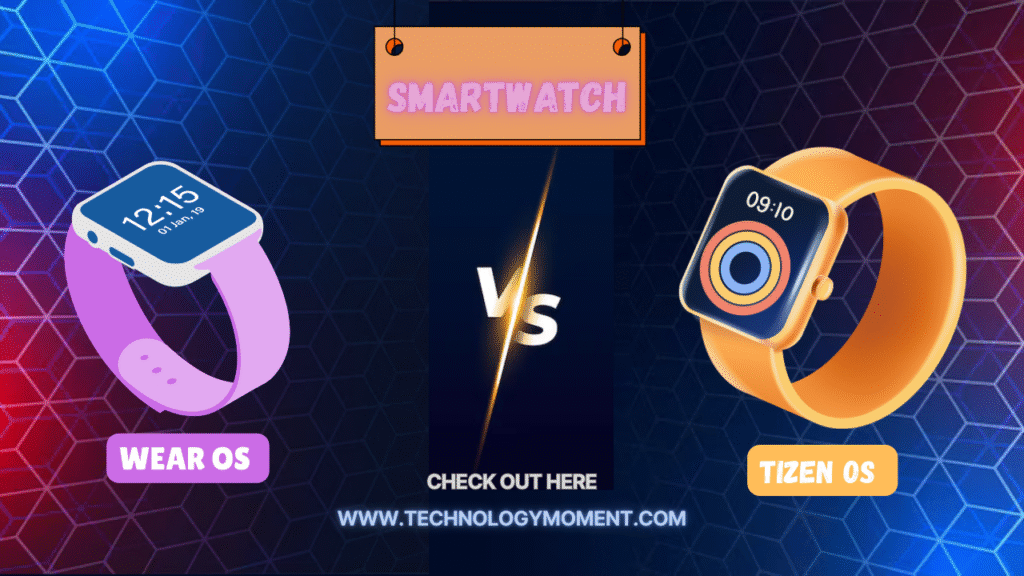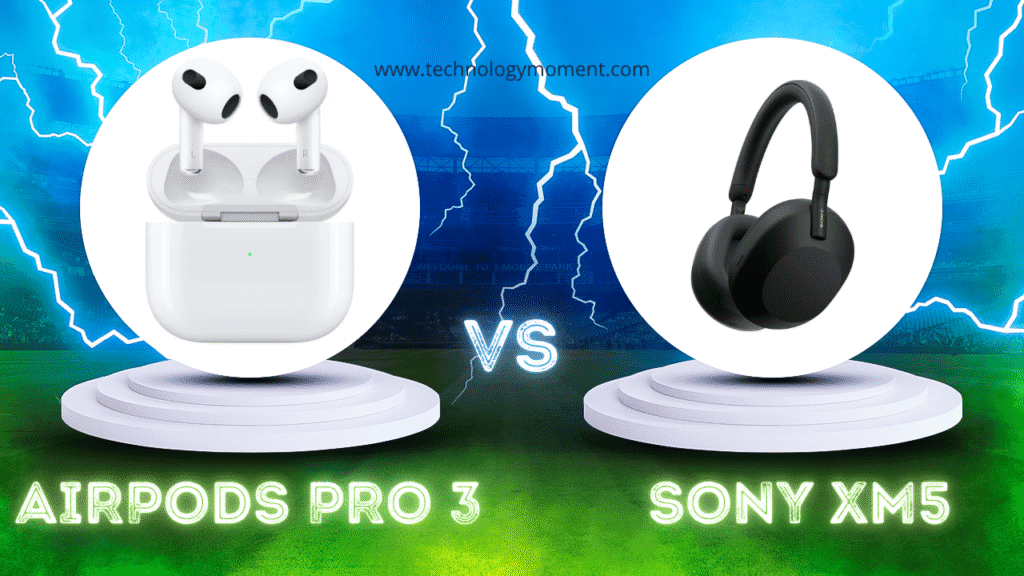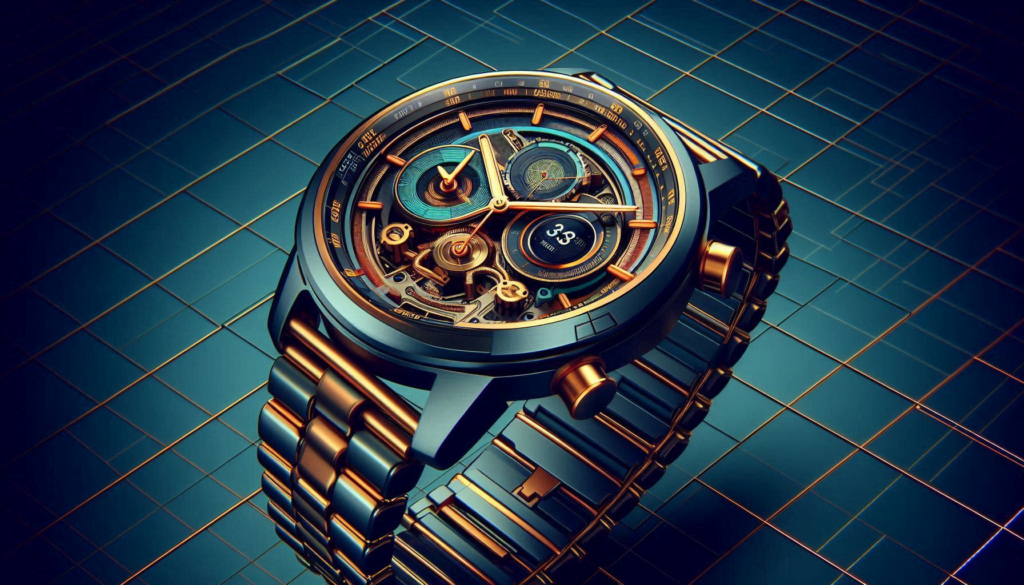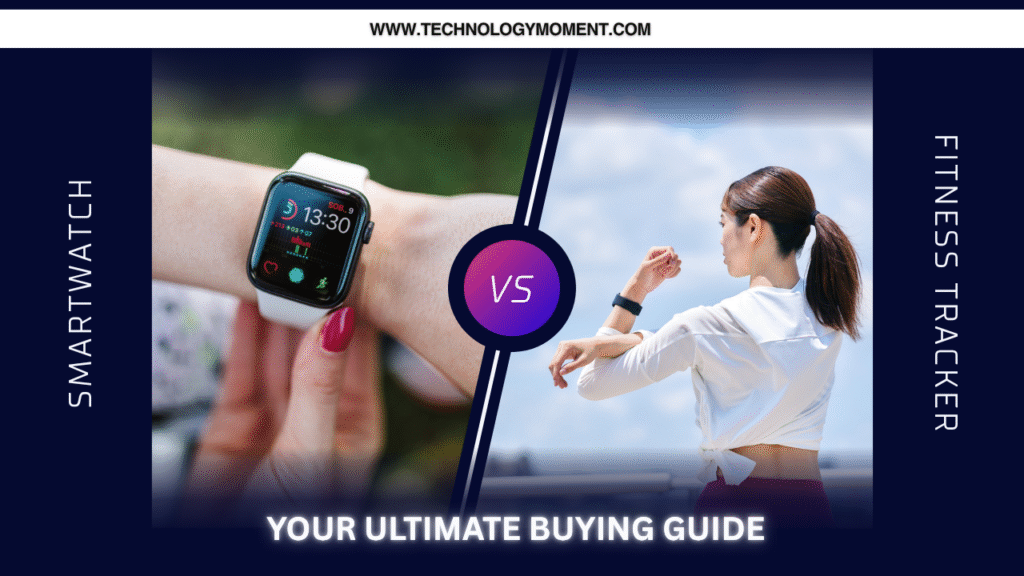
Hey there! Welcome to Technology Moment, the place where tech meets everyday life — simplified. Whether you’re a gadget geek, a fitness lover, or just someone curious about the latest wearables, you’re in the right spot.
Today, we’re diving into one of the most common questions in the world of wearables — “Smartwatch vs Fitness Tracker: Which one should you buy?”
If you’ve ever stood in front of a store shelf or scrolled through online listings, you know how confusing it can be. Both devices promise to track your steps, monitor your heart rate, and keep you connected — but they do it differently. So, what’s the real difference? Which one fits your lifestyle, and most importantly, your budget?
Don’t worry — we’ve got you covered.
In this guide, we’ll break down everything you need to know — from design and features to battery life, health tracking, compatibility, and pricing. You’ll learn how smartwatches and fitness trackers stack up against each other in 2026, what’s trending, and which ones’s truly worth your money.
At Technology Moment, we believe tech shouldn’t be complicated. Our goal is to make every product review and buying guide simple, honest, and practical — so you can make smart choices without getting lost in specs or jargon.
Ready to decide between a smartwatch and a fitness tracker? Let’s jump right in and find out which one’s perfect for you!
Understanding the Basics
Let’s start simple. A smartwatch is like a mini smartphone for your wrist. It tells time, sure—but it also sends you notifications, lets you reply to messages, take calls, play music, and even control smart home devices. It’s all about connectivity and convenience.
A fitness tracker, on the other hand, focuses mainly on your health and activity. It monitors your steps, sleep, heart rate, and workouts. It’s lightweight, affordable, and great for those who want to live a healthier life without being distracted by too many smart features.
So, if you’re looking for a tech companion that helps with productivity and style, a smartwatch wins. But if you want a wellness buddy to track your runs, heart rate, and sleep, a fitness tracker is the smarter pick.
In 2026, the line between these two gadgets is blurring fast. Many fitness trackers now include smartwatch-like features, while smartwatches are getting more fitness-focused. Still, their core purpose remains different—smartwatches are about functionality, and fitness trackers are about focus.
Design and Display
Design matters—a lot. It’s what you’ll see and feel every single day on your wrist.
Smartwatches usually have a larger, vibrant AMOLED or Retina display. They look stylish and mimic the look of traditional watches, but with a futuristic twist. You can switch watch faces, change straps, and even match them to your outfit. They’re built for both work and play.
Fitness trackers, meanwhile, stick to a simpler, slimmer design. They’re light, compact, and made to stay comfortable during workouts or sleep. Their screens are smaller—often OLED or monochrome—to save battery and focus on fitness stats.
When it comes to display brightness and touch response, smartwatches easily take the lead. But fitness trackers score higher on wearability and comfort.
In short, if you want a device that looks stylish in meetings and workouts, go for a smartwatch. But if comfort and simplicity matter more, a tracker will never let you down.
Health and Fitness Tracking
This is where the real action happens. After all, most people buy these gadgets to stay healthy and fit.
Smartwatches now come with advanced health sensors—measuring heart rate, blood oxygen (SpO₂), stress levels, and even ECG (electrocardiogram). Some can track your menstrual cycle, detect irregular heartbeats, and provide guided breathing sessions. They’re like having a mini health assistant on your wrist.
Fitness trackers excel at continuous tracking. They monitor your steps, calories burned, sleep quality, and workout intensity all day long. Many models even detect workouts automatically—whether you’re running, cycling, or doing yoga.
Smartwatches tend to offer deep insights using companion apps, syncing with platforms like Apple Health, Google Fit, or Samsung Health. Fitness trackers, on the other hand, focus on data accuracy and simplicity.
So, if you want in-depth analytics and lifestyle features, a smartwatch fits best. But if you just need reliable tracking and motivation to move, a fitness tracker is perfect for your daily grind.
Smart Features Comparison
Let’s be honest—this is where smartwatches really shine.
They let you receive notifications, reply to messages, and even answer calls without touching your phone. You can control music, set reminders, use voice assistants like Siri, Alexa, or Google Assistant, and navigate using GPS. It’s like having a personal assistant strapped to your wrist.
Fitness trackers keep it minimal. You’ll get notifications for calls or texts, but interaction is limited. Their focus remains fitness—tracking, not chatting.
Many smartwatches now offer contactless payments, smart home control, and offline music playback. Some even run third-party apps, making them tiny extensions of your smartphone.
In contrast, fitness trackers avoid these power-hungry features to extend battery life. So, the choice depends on your lifestyle—if you want to stay connected and productive, a smartwatch is the way to go. If you prefer simplicity with zero distractions, a tracker wins hands down.
Battery Life
Here’s the big surprise—fitness trackers easily beat smartwatches in this area.
Because they have smaller displays and fewer power-hungry features, most trackers last 5 to 10 days on a single charge. Some even stretch beyond two weeks! That’s perfect for travelers or those who hate daily charging.
Smartwatches, though, struggle a bit here. Their bright displays, apps, and constant Bluetooth connections drain power faster. On average, expect 1 to 3 days of use before recharging.
But battery life is improving. Many 2026 smartwatches now feature fast charging and battery optimization modes. Some even come with solar or wireless charging—a futuristic touch for tech lovers.
Still, if you value endurance over extra features, a fitness tracker is unbeatable. But if you don’t mind plugging in every other night for a world of smart perks, a smartwatch makes that small trade-off worth it.
Compatibility and Ecosystem
Let’s talk about one of the most overlooked things when buying a wearable: compatibility. Imagine buying a fancy smartwatch only to find out it doesn’t sync with your phone. Frustrating, right?
Smartwatches and fitness trackers work best when they’re part of a bigger ecosystem. Apple Watches, for instance, are perfect for iPhone users because they blend beautifully with iOS. You can reply to messages, take calls, and even unlock your Mac. But if you try using it with Android, it’s like trying to fit a square peg in a round hole — it just doesn’t work.
On the other hand, fitness trackers like Fitbit or Garmin are more flexible. They play nicely with both Android and iOS, though some advanced features might be limited on one platform. Compatibility affects how smoothly your device syncs, shares data, and connects with apps like Google Fit, Apple Health, or Strava.
Also, think about the ecosystem you’re already in. If you use Google Assistant, Android phones, and wear Pixel Buds, a Google-powered smartwatch will feel like home. The same goes for Apple lovers who live in the iCloud world. Choosing a device that fits your tech lifestyle saves you time, reduces bugs, and gives you that “everything just works” feeling.
Durability and Water Resistance
No one wants their wearable to quit after the first jog in the rain. That’s where durability and water resistance come in. These two factors decide how tough your device really is.
Most modern wearables come with IP ratings (like IP68) or ATM ratings (like 5ATM). In simple terms, IP68 means your watch can survive dust and brief water exposure, while 5ATM means it can handle a swim. But here’s a pro tip: water-resistant doesn’t mean waterproof. You can swim or shower with it, but diving deep underwater might push it past its limits.
Smartwatches often come with stronger materials — think aluminum, stainless steel, or titanium. This makes them look premium and helps them handle bumps and scratches. Fitness trackers, meanwhile, are lighter and made from flexible materials like silicone, perfect for long workouts or sleep tracking.
If you’re someone who hikes, swims, or works outdoors, look for rugged designs like Garmin Instinct or Amazfit T-Rex. They’re built to take a beating. But if you mostly hit the gym or office, sleek models like the Apple Watch or Fitbit Charge 6 will serve you well.
Price and Value
Now, let’s talk about everyone’s favorite topic — price. You can find wearables for every budget, but the key question is: what kind of value are you really getting?
Fitness trackers are generally more affordable. You can grab a solid one for $50–$150 and still get great features like heart rate tracking, sleep analysis, and even SpO₂ monitoring. They’re perfect if your goal is health tracking without fancy extras.
Smartwatches, on the other hand, start around $150 and can go all the way up to $800 or more for premium models like the Apple Watch Ultra or Samsung Galaxy Watch 6 Classic. You’re paying for advanced hardware, apps, GPS accuracy, voice assistants, and sleek designs.
Here’s the truth — a higher price doesn’t always mean better performance. It’s about matching your needs. If you want all-day notifications, calls, and app control, go for a smartwatch. But if you just need a reliable fitness companion with long battery life, a fitness tracker offers better value.
The real winner is the device that fits your lifestyle and budget without making you feel like you’ve overspent.
Use Cases: Which One Fits You?
Here’s where the choice becomes personal. There’s no “one-size-fits-all” answer — it depends on how you live your day.
If you’re a fitness enthusiast, a tracker might be your perfect gym buddy. It’s light, accurate, and focuses purely on your performance. It won’t distract you with notifications when you’re chasing your next personal record.
For professionals or multitaskers, a smartwatch makes life easier. You can check emails, control music, and take quick calls without touching your phone. It’s like having a mini smartphone on your wrist — practical and stylish at the same time.
And if you’re someone who wants a balance of both worlds, hybrid options exist. Brands like Fitbit Versa or Huawei Watch Fit combine fitness tracking accuracy with a few smart features. These are great for people who want something smart yet simple.
So, ask yourself — do you want a digital assistant or a fitness partner? Your answer will tell you what to buy.
Trends in 2026
Wearables in 2026 aren’t just about steps and notifications anymore — they’re becoming smarter, greener, and more personal.
We’re seeing a huge wave of AI integration. Smartwatches can now predict your stress levels, recommend workouts, and even warn you about irregular heart rhythms before you notice them. Fitness trackers are learning your habits, helping you improve sleep quality, and offering personalized health insights powered by machine learning.
Then comes sustainability. Brands are shifting to eco-friendly materials like recycled aluminum and plant-based straps. Charging tech is improving too — some models now offer solar charging or ultra-low power modes that stretch battery life for weeks.
The fashion-tech fusion is also booming. Devices look more like jewelry than gadgets, blending health, style, and smart functionality. Expect wearables that can track hydration, blood glucose, and even emotions in real time.
Pros and Cons Table
When it comes to choosing between a smartwatch and a fitness tracker, there’s no “one size fits all.” Each device shines in its own way. Let’s look at their strengths and weaknesses to help you decide what truly fits your lifestyle.
| Feature | Smartwatch | Fitness Tracker |
|---|---|---|
| Design | Stylish and premium with larger displays | Lightweight and sporty for daily wear |
| Display | Bright, colorful touchscreen | Compact with simple display |
| Health Tracking | Advanced sensors (ECG, SpO₂, Stress tracking) | Basic tracking (steps, sleep, heart rate) |
| Smart Features | Calls, notifications, voice assistant, apps | Limited smart functions |
| Battery Life | Shorter, 1–3 days on average | Long-lasting, 5–10 days |
| Price Range | Usually higher, from $200 to $1000+ | Budget-friendly, $50 to $300 |
| Best For | Professionals, tech lovers, multitaskers | Fitness lovers, runners, and casual users |
| Drawback | Expensive and needs frequent charging | Lacks advanced smart features |
Think of it like this: a smartwatch is your mini smartphone on your wrist. A fitness tracker is your health buddy that keeps you moving and motivated. If you love style and all-in-one convenience, go for a smartwatch. But if you’re into fitness and simplicity, a tracker will do the job perfectly.
Buying Tips
Before you click that “Buy Now” button, take a moment to think about what you really need. Many people get carried away by shiny screens or brand names but miss what actually fits their lifestyle. Let’s make sure you don’t make that mistake.
First, identify your goals.
Are you trying to improve your workouts, track sleep, or just want smart notifications? If fitness is your top priority, choose a tracker. If you want smart features with your fitness tracking, a smartwatch makes more sense.
Second, check compatibility.
Some wearables work better with specific phones. For instance, Apple Watch loves iPhones, while Garmin or Fitbit play nicely with both Android and iOS.
Third, focus on comfort and durability.
You’ll be wearing it all day — sometimes even while sleeping. Look for soft straps, adjustable designs, and lightweight models. For outdoor or swimming use, ensure it’s waterproof (at least IP68 or 5ATM rated).
Fourth, battery life matters more than you think.
If you travel often or don’t like daily charging, pick a device that lasts longer. Fitness trackers usually win in this area.
Finally, check the features you’ll actually use.
Paying extra for features like ECG or cellular calling might not make sense if you won’t use them. Balance function with budget.
Final Verdict
So, smartwatch vs fitness tracker — which one wins?
Honestly, it depends on you. There’s no universal answer.
If you’re someone who enjoys staying connected, managing calls, controlling music, and tracking workouts, a smartwatch is your best friend. It’s stylish, smart, and fits a busy modern lifestyle.
But if you’re someone who just wants accurate fitness insights, long battery life, and comfort while training, go for a fitness tracker. It’s focused, affordable, and great for fitness goals.
In short:
- Pick a smartwatch if you want an all-in-one device.
- Pick a fitness tracker if you want simplicity and performance.
Whatever you choose, remember — the best device is the one that keeps you consistent. A wearable can only guide you; you’re the one who brings the results.
Conclusion
Smartwatches and fitness trackers have both come a long way. They’re not just gadgets anymore — they’re lifestyle partners. The right one can help you live healthier, stay connected, and even feel more in control of your daily routine.
In 2026, wearables are smarter, sleeker, and more intuitive than ever. Whether you’re chasing steps, managing work, or tracking your heart health, there’s a perfect match for everyone. The key is knowing your goals.
So, what’s your pick? A powerhouse smartwatch or a focused fitness tracker? Either way, you’re investing in better health and smarter living.
FAQs
Can a smartwatch replace a fitness tracker?
Yes, but only if you need both fitness and smart functions. Smartwatches offer more versatility, but trackers are better for longer workouts and battery life.
Which lasts longer — smartwatch or fitness tracker?
Fitness trackers usually last longer. They have smaller displays and fewer smart features, which saves battery.
Are fitness trackers accurate for heart rate and sleep tracking?
Modern trackers are impressively accurate, especially brands like Fitbit and Garmin. Still, they’re not medical devices, so expect slight variations.
What’s the best smartwatch for fitness in 2026?
The Apple Watch Series 10, Samsung Galaxy Watch 7, and Garmin Venu 3 are popular for combining health tracking with premium smart features.
Should I buy a fitness tracker if I already have a smartphone?
Absolutely! A tracker gives you real-time health data that your phone can’t. It helps you move more, sleep better, and stay active throughout the day.

